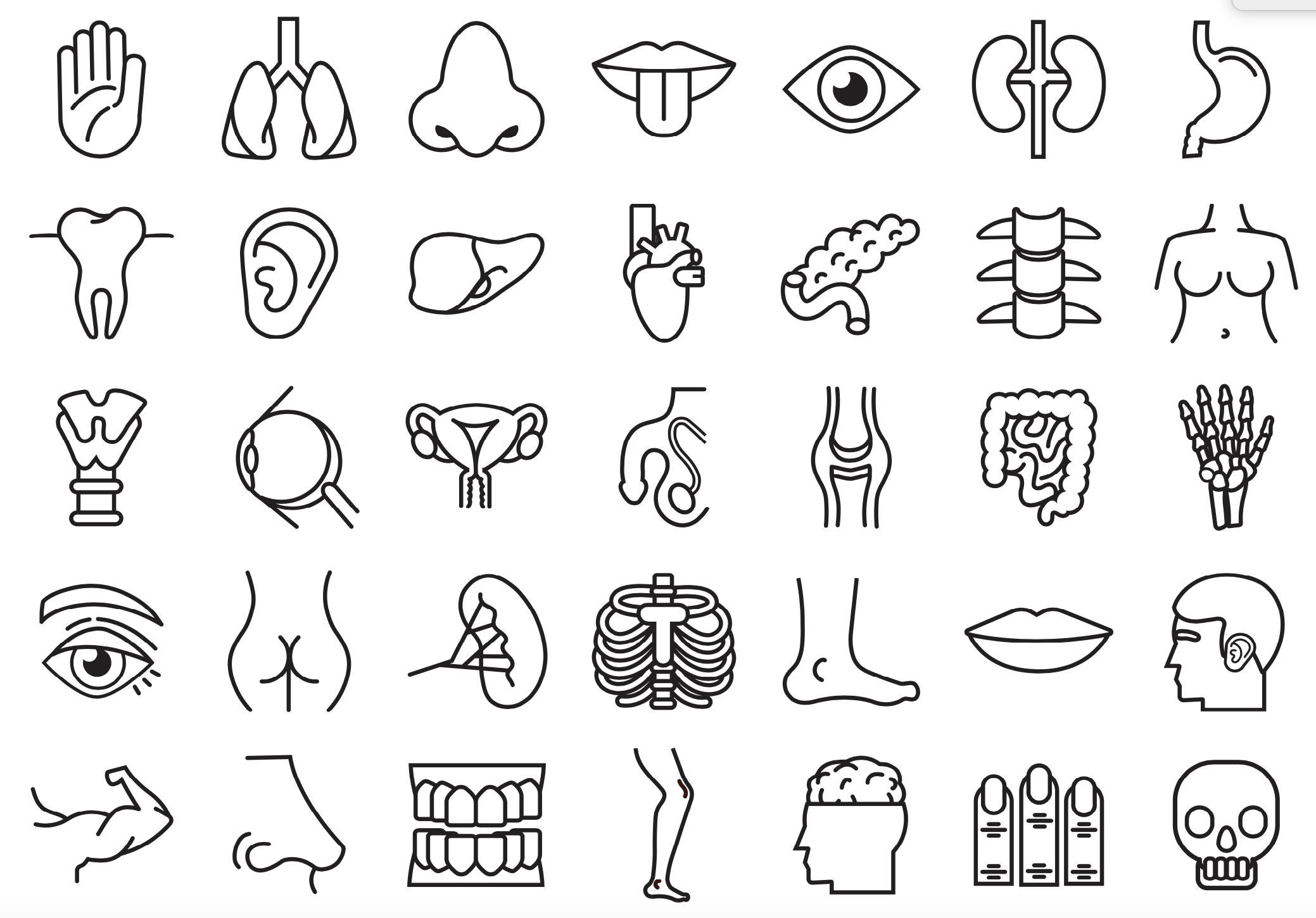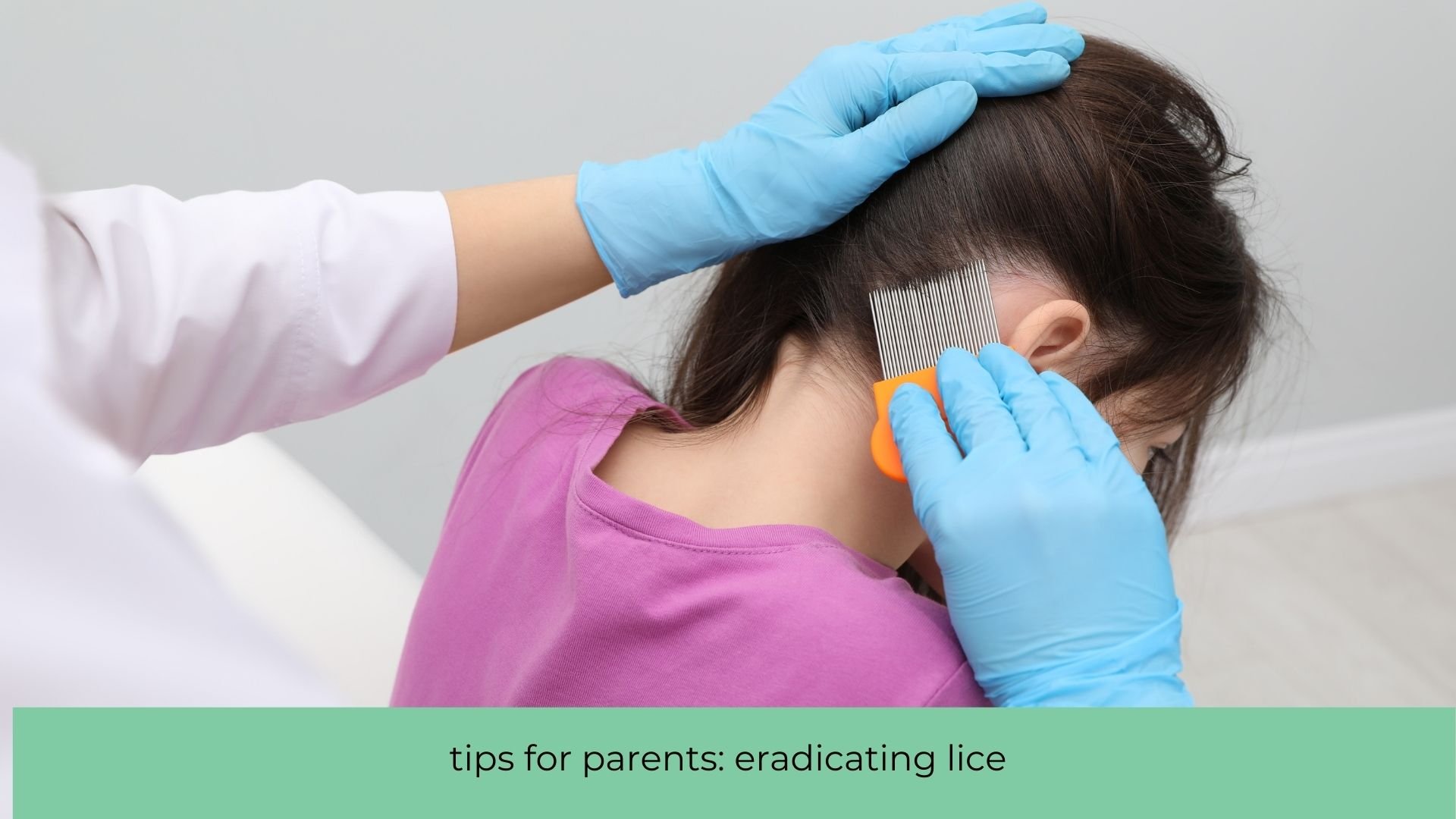Q: Is it really that important to use proper names and labels with our kids’ bodies?
A: Yes, yes it is. Here are my top five reasons:
→ Our body parts have actual names. We don’t have to make up words to label them. They already exist.
→ It helps set the stage for future conversations with our kids. Your 10-year-old daughter will have a hard time talking to you when she gets her period if she’s never heard you talk about a vagina.
Your kids need to know, and experience, talking about this stuff with you. Starting to use the word penis with your preteen might be awkward, but your 3-year-old will accept whatever you call it — so take advantage of his development and use the proper terminology now. (You’ll thank me when he’s older!)
→ It shows our kids that there’s no shame in our bodies. Every body part is unique and serves an important purpose; we want our kids to understand that. We’re so comfortable talking about other body parts — Head, Shoulders, Knees and Toes anyone? — but if we can’t talk about these body parts, it sends a message that we’re not comfortable talking about them.
They’ll get plenty of messages from the world about how those body parts are bad, or gross, so make sure the message they get from you is that every body part is important and special.
→ It makes other questions easier to answer! I’ll never forget being at Target when my daughter was 3, and she wanted to know if “that man with the big belly is having a baby.”
You know what I said? “No, no he is not. Do you know how I know that? Because remember how we talked about how babies grow in a special place called a uterus? Only women have a uterus, so that means only women can have babies.”
And that was it! Using the proper name and label satisfied her curiosity, accurately answered her question, showed her I was comfortable talking with her about it, and reminded her of how amazing her own body is!
→ It ensures that when our kids talk about their bodies, everyone around them will understand. If someone is talking about, or touching your child’s body inappropriately, you want to know, without a doubt, exactly what’s happening. You want your child to be able to clearly state what happened, in a way that any teacher or friend would understand.
Q: I haven’t used these terms with my kids. How do I start now?
A: We live in a culture that has yet to normalize proper labeling, so it makes sense that many of us still find it difficult to say words like penis or vagina.
But it’s time to start using them with your kids, so they understand the importance and value of their bodies, and so they can talk about their bodies effectively.
You don’t need to make a big deal about this change — no need to have a family meeting about how your “wee wee” is now called a “penis.”
Just start to integrate the terms in your regular life when you can. When your son is taking a bath, throw him a washcloth and say: “Don’t forget to wash your penis!”
When you’re potty training your daughter, just say, “Make sure you wipe your vagina/vulva really well.” (The vulva is the external part of the female genitalia if you want to get technical.)
When you notice your son touching himself, ask, “Does your penis itch?” When you change a diaper, say, “We need to clean your vagina/vulva.”
Play a game labeling body parts, and include their penis or vagina.
Do this every chance you get, consistently, and eventually the language will become the norm in your family.
It’s never too late to start this. It’s easier when they’re young, yes, but it’s still important if they’re older. Make small, but consistent, changes and you’ll notice the whole family’s shift in language.
Heidi Croatt is a professor and researcher who lives in Maple Grove with her husband and their two young kids. She holds a Ph.D. in family communication and regularly speaks to parenting groups with her program, Beyond Birds and Bees: Communicating Your Values to Raise Sexually Healthy Kids. Follow her on Instagram @beyondbirdsandbees.




















